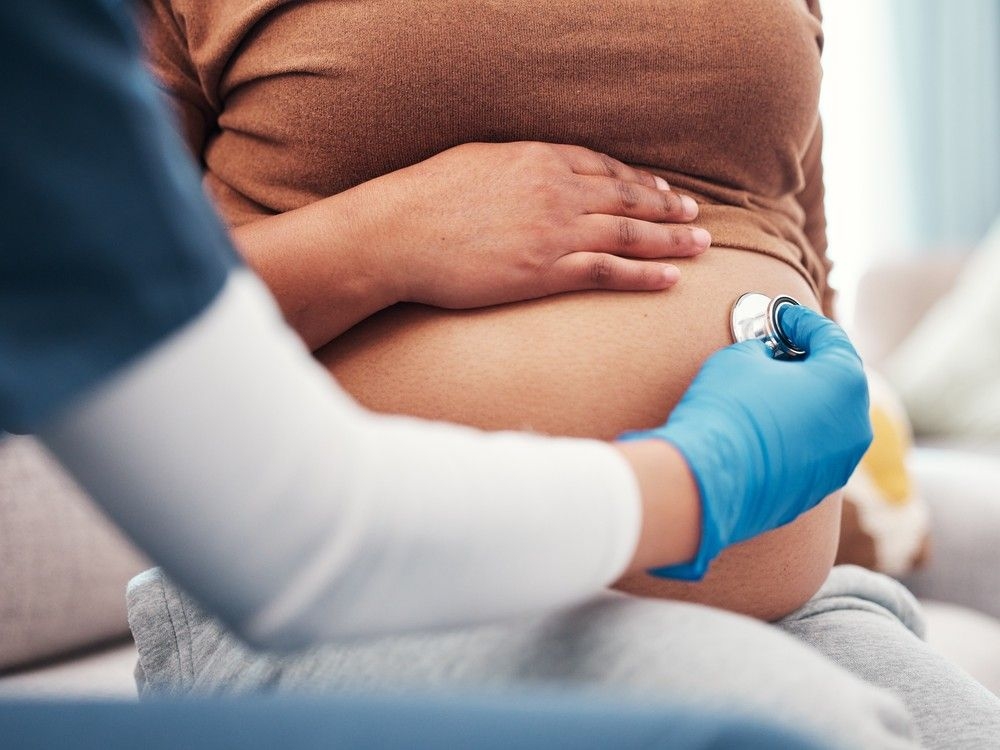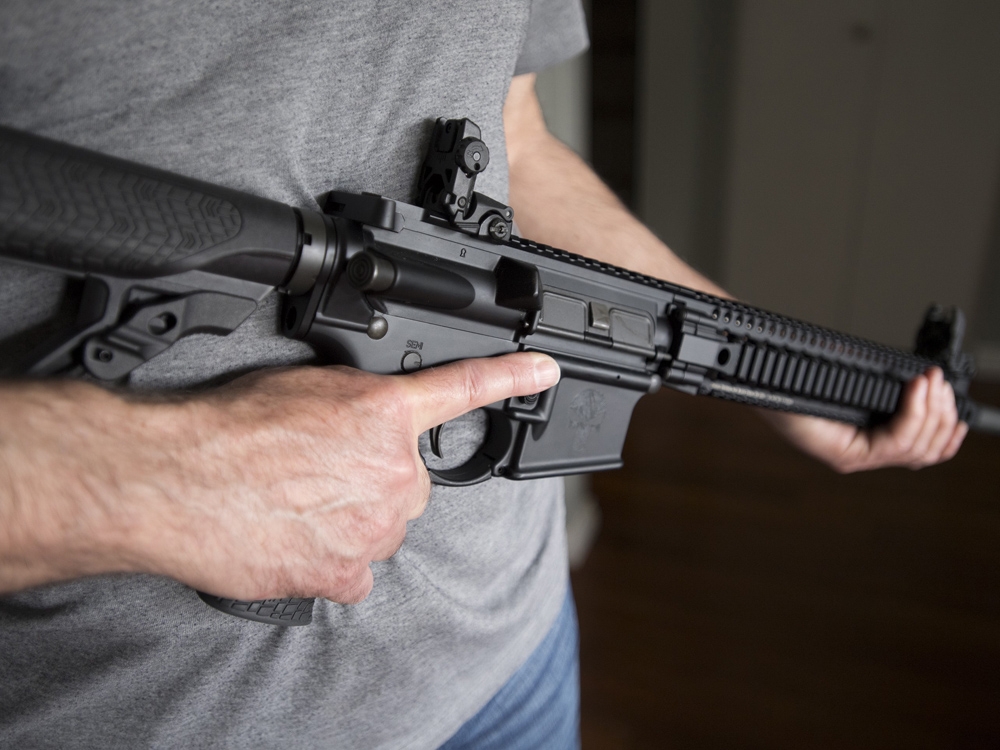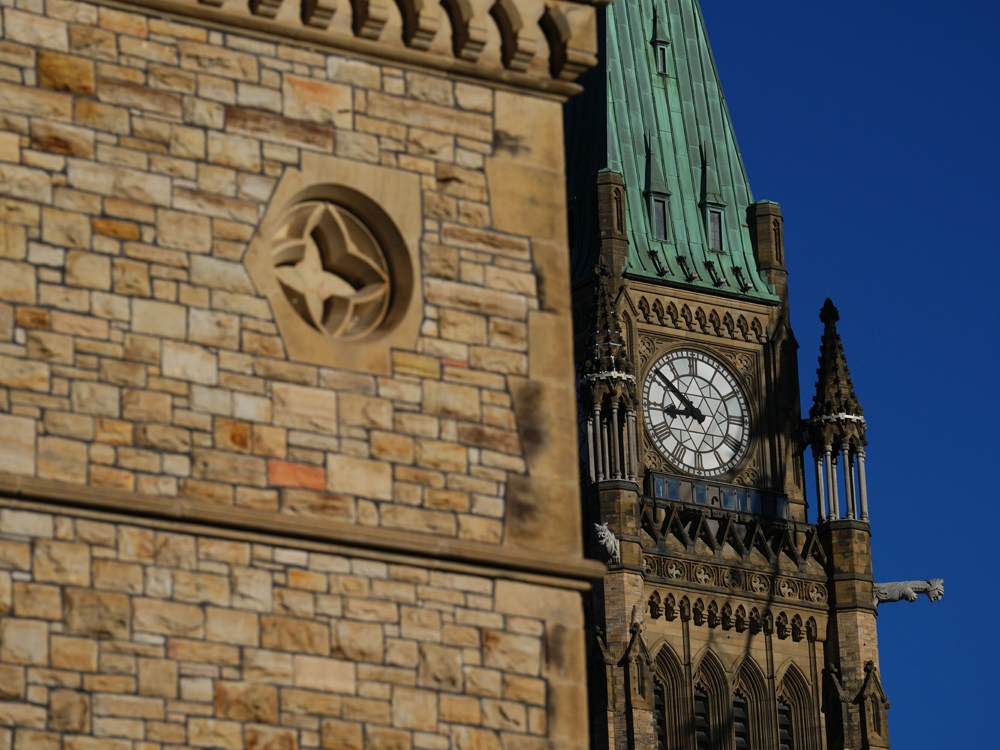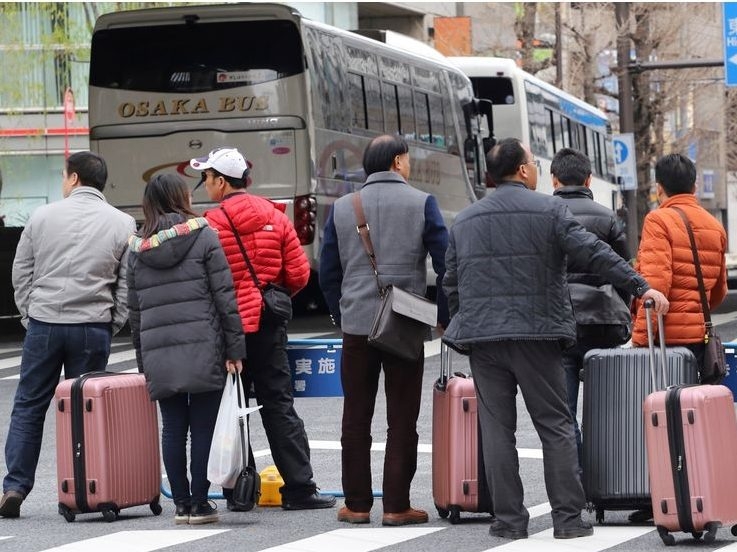Brazil isn't backing down in its pursuit of fairer trade with the United States, specifically regarding its vital coffee exports. Despite a recent move by the US President to lower some tariffs, the impact on Brazil’s coffee industry has been minimal, leaving a significant financial burden in place.
Vice President Geraldo Alckmin expressed continued determination to negotiate further reductions, stating that a 40% tariff on coffee remains unreasonably high. This levy significantly hinders Brazilian coffee producers, creating an uneven playing field in the global market.
The recent tariff adjustments, intended to ease grocery costs for American consumers, included reductions on items like beef, tomatoes, and bananas. However, Brazil continues to face a substantial surcharge on top of existing reciprocal tariffs, a situation Alckmin deems unacceptable.
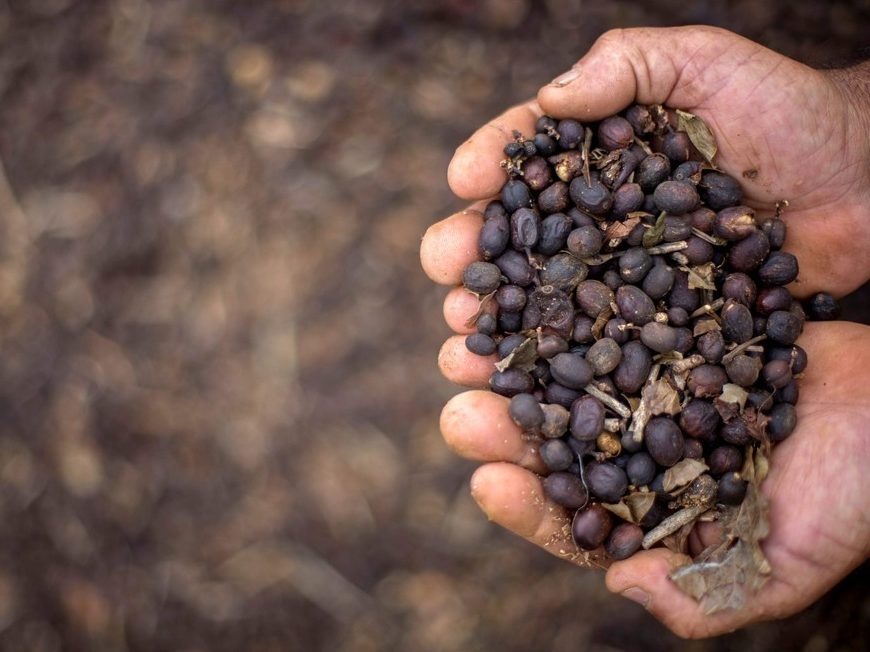
This disadvantage is particularly stark when compared to countries like Vietnam, whose coffee exports now enter the US market duty-free. The current tariffs place Brazilian coffee at a competitive disadvantage, impacting its ability to thrive in a crucial export market.
The situation escalated in July when Brazilian exports faced the potential of a 50% tariff – a combination of a 10% reciprocal tariff and an additional 40% levy. This latter charge was directly linked to the legal proceedings involving former Brazilian President Jair Bolsonaro, a close ally of the previous US administration.
Brazil views this additional tariff as punitive and unjustified, and is actively working to resolve the issue through continued negotiations. The goal is to secure a more equitable trade relationship that allows Brazilian coffee to compete fairly and contribute to the economies of both nations.

